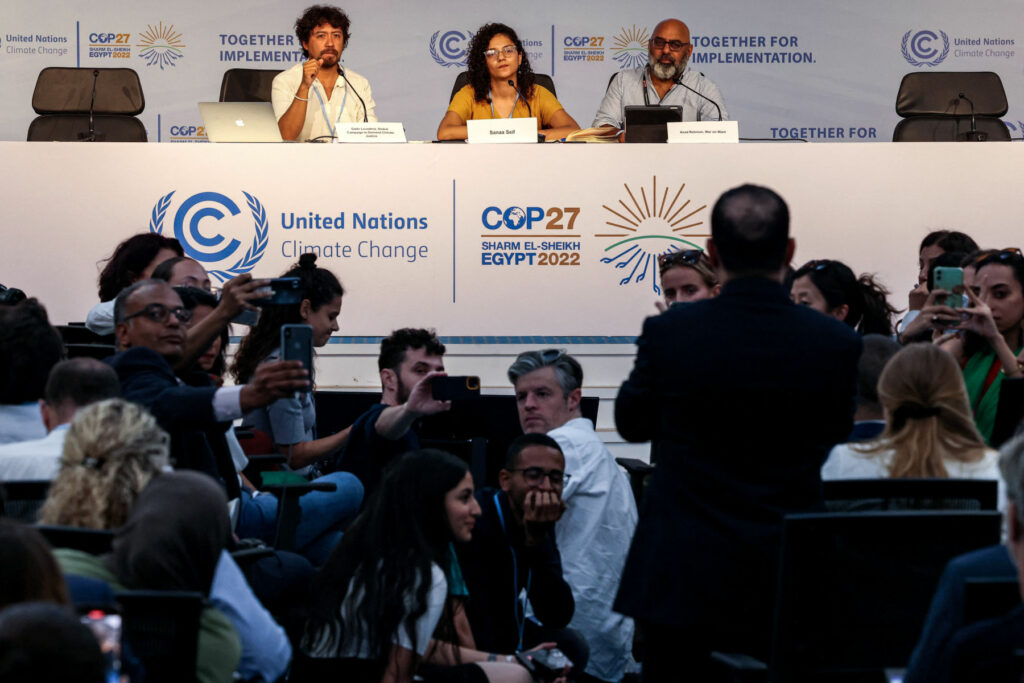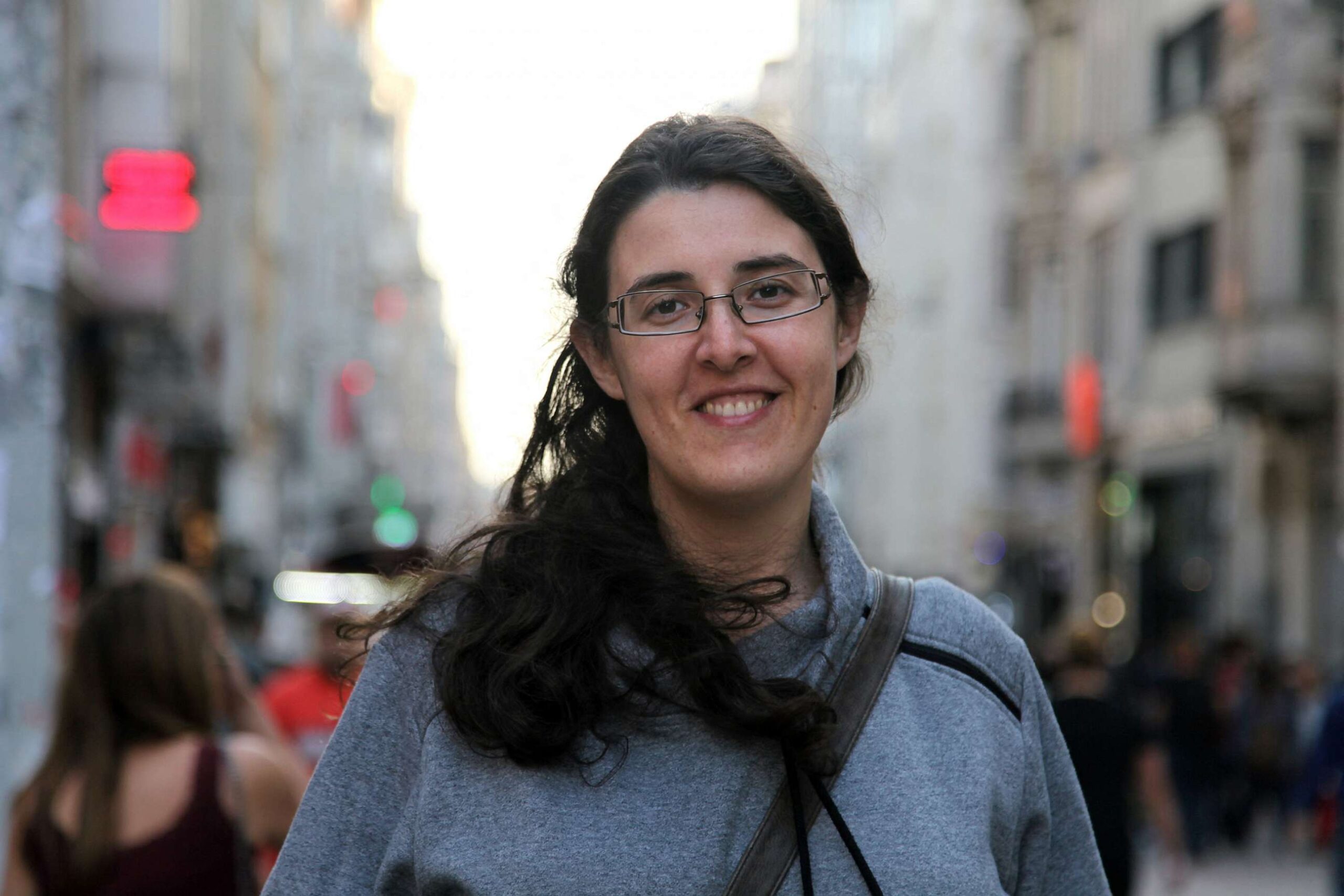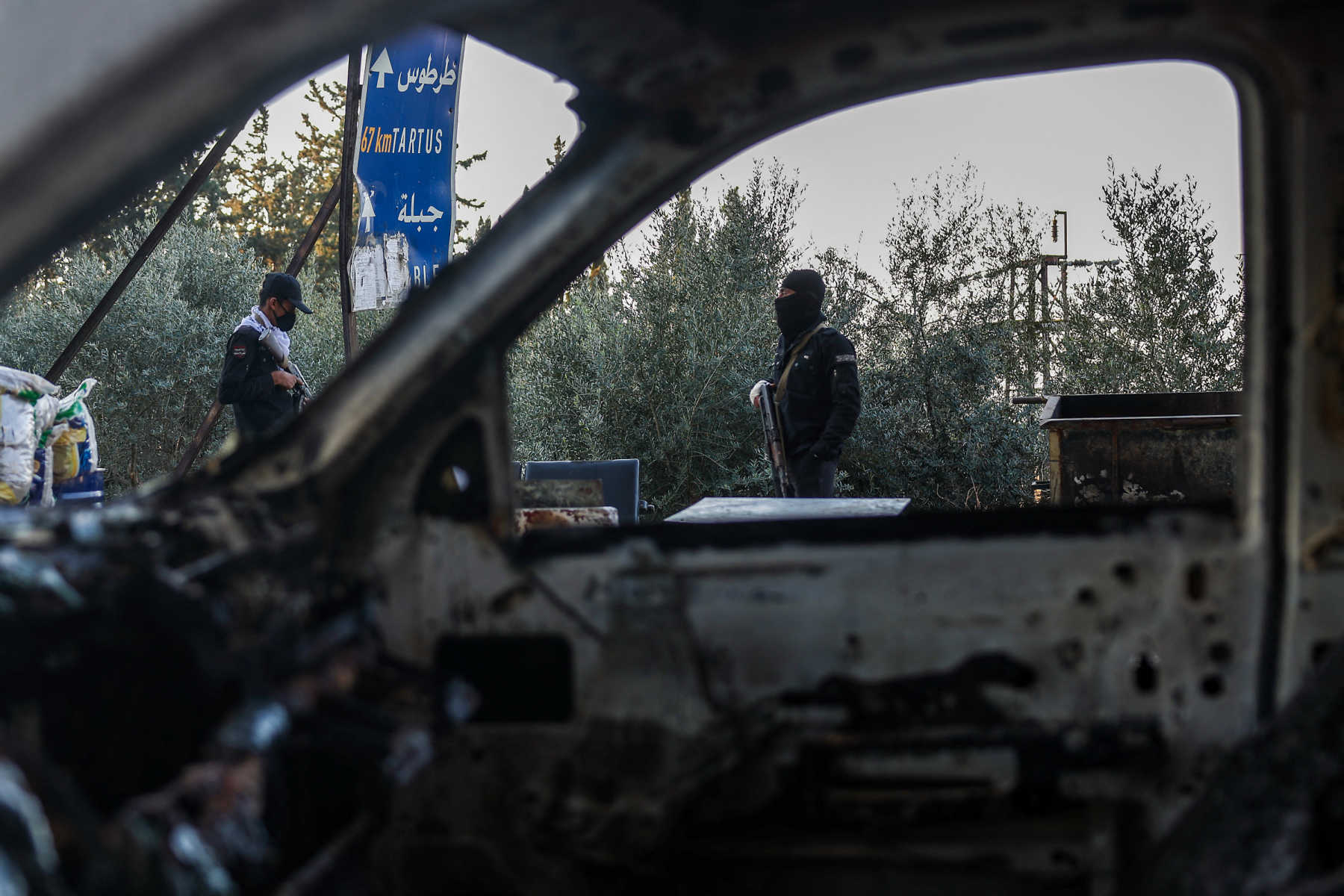Nora Noralla, an Egyptian human rights researcher and consultant, is a research fellow at the Information Society Law Center at the University of Milan. She has worked in different capacities with the Cairo 52 Legal Research Institute, Human Rights Watch, Article 19, and the Berkman Klein Center for Internet & Society at Harvard University.
"Greenwashing a police state." That is how Naomi Klein described last month's United Nations climate conference in Egypt, in the Red Sea resort of Sharm el-Sheikh. She was hardly alone in warning that Egyptian President Abdel Fattah el-Sisi would use the international summit to "greenwash" his regime's ever-worsening human rights record. Now, two weeks after COP27 ended with a modest agreement to create a fund to provide assistance to developing countries already devastated by climate change—but no agreement on reducing global emissions—did Sisi get the propaganda win he wanted out of hosting the climate conference?
Some say that Sisi failed miserably at greenwashing, while others counter that, for his regime, COP27 was a success. But it depends on how you measure the outcome of COP27—not as another U.N. climate conference, necessarily, but as a summit for Sisi to project the softer image he has been trying to cultivate as part of a calculated regime rebrand. Egypt's greenwashing at COP27 was not only targeting an international audience but also a domestic one.
Egypt's greenwashing at COP27 was not only targeting an international audience but also a domestic one.
- Nora Noralla
On the eve of climate summit, Sisi's regime initially tried to gag independent Egyptian human rights groups by denying them access to Sharm el-Sheikh itself. But the regime soon realized that to maintain the façade of Egypt's so-called "national dialogue" launched earlier this year, it needed to allow some critical voices. The authorities apparently—and wrongly—thought that these minimal voices would be easy to control and keep in line. Yet the few Egyptian human rights leaders who made it to COP27 quickly dominated the scene, spearheaded by Sanaa Seif, sister of Egyptian-British political prisoner Alaa Abd el-Fattah, and Hossam Bahgat of the Egyptian Initiative for Personal Rights.
Both successfully made all the international media gathered in Sharm el-Sheikh focus on Egypt's appalling human rights record, especially the thousands of political prisoners under Sisi's regime. Alaa Abd el-Fattah was at the center of this campaign; as the climate conference began, he escalated his hunger strike, which began in April, by refusing even to drink water. But instead of trying to open an actual dialogue with human rights advocates, let alone release more political prisoners, the Egyptian authorities soon resorted to blatant and clumsy attempts to discredit the few activists allowed at COP27. A pro-government parliamentarian notoriously interrupted and berated Sanaa Seif while she spoke at a U.N.-sponsored news conference. The lawmaker, Amr Darwish, was escorted out of the conference hall by U.N. security, in an embarrassing show for Sisi's regime, as the entire episode was captured on video. But it didn't stop there. The regime then staged choreographed "protests," claiming Darwish's right to free speech had been violated.
Despite the presence of some human rights activists, this was still the police state climate conference that experts feared. Egypt's state security apparatus treated COP27 as if it were a local event in which police and regime apparatchiks could easily control who spoke and what was said. There was a heavy presence of security forces all around Sharm el-Sheikh—not to protect attendees, but to surveil and intimidate them, including even members of foreign delegations. That led to another scandal, when the German federal police warned Germany's climate delegation that Egyptian security agents might be spying on them—claims that the U.N. then investigated. It was another blow to Egypt's attempts at greenwashing. Rather than hide Sisi's abuses under the spectacle of COP27, Egypt's security agencies employed typically aggressive tactics that put his repression and inability to allow any dissent on display for the world to see.
Yet even with all this unfolding in plain sight, Sisi still got away with only a slap on the wrist for Egypt's human rights record. No international leader refused to attend COP27 in protest of Egypt's abuses, and all those who did attend, including U.S. President Joe Biden and German Chancellor Olaf Schultz, preferred to give meek statements regarding human rights, focusing instead on their economic and security cooperation with Sisi's regime. British Prime Minister Rishi Sunak only raised the case of Alaa Abd el-Fattah, a British citizen, with Sisi briefly, and ignored answering any questions from reporters about it. It was clear that Sisi is still sheltered from any Western criticism by Egypt's geopolitical importance.

As this all played out internationally, there was another side to Sisi's greenwashing. His regime's propaganda around COP27 did not only target the West, but also Egypt internally. Just weeks before the climate conference opened, Egypt announced it would devalue its currency, causing it to lose 20 to 25 percent of its value, in another economic blow to ordinary Egyptians under Sisi's rule. The timing of the devaluation was no accident, as the state aimed to ease the blow by boasting about hosting the climate conference and the prestige it brought Egypt. In those efforts, Sisi's regime was largely successful, given all the international leaders who gathered in Sharm el-Sheikh. Sisi overall had no problem controlling the national narrative about COP27, even if the international coverage was more critical. After all, independent media is nearly non-existent in Egypt under his rule, and most media are now de-facto state media. Pictures of Sisi meeting world leaders, and standing at the center of group photos, were all over Egyptian media, which sparkled with national pride. These were not new tactics for his regime. Last year's orchestrated spectacle of the "Pharaohs' Golden Parade" was similarly used by the regime and media as a distraction from Egyptians' deepening economic troubles.
Egypt's prime minister, Mostafa Madbouly, was another key player in the domestic greenwashing, as he praised the organizing of COP27, dutifully ignoring the human rights criticisms. He boasted that COP27 was an economic success for Egypt, as it signed $15 billion worth of climate investment deals with various entities. Foreign Minister Sameh Shoukry, who chaired COP27, was quick to take the credit for the conference's positive outcomes, most notably the creation of the "loss and damage" funding for vulnerable countries hit hard by climate-related disasters. Shoukry also defended the detention of Alaa Abd el-Fattah. In one interview, he dismissed his hunger strike; in another, he said that the attention on Alaa could "detract" from the climate focus.
Although his regime may have failed to greenwash its image internationally—as COP27 gave Egypt's human rights movement a much-needed spotlight that they lacked for years—Sisi was still able to control more of the narrative within Egypt.
- Nora Noralla
So, was Egypt able to successfully greenwash its image at COP27? The climate conference might not have been the gleaming international stage for Egypt that Sisi and his propagandists imagined. But although his regime may have failed to greenwash its image internationally—as COP27 gave Egypt's human rights movement a much-needed spotlight that they lacked for years—it was still able to control more of the narrative within Egypt. It also managed to wait out the storm of international criticism and not give in to any demands on human rights, including the release of Alaa, who is still in prison. After amplifying his case during COP27, the international media, in typical fashion, quickly moved on when the climate conference ended. But Alaa's suffering, like thousands of other political prisoners in Egypt, goes on, even if it has dropped out of international news.
Sisi's regime could only get away with all this thanks to the support of international leaders, who once again put economic and security interests above the rights and interests of ordinary Egyptians.
















![Security forces loyal to the interim Syrian government stand guard at a checkpoint previously held by supporters of deposed president Bashar al-Assad, in the town of Hmeimim, in the coastal province of Latakia, on March 11, 2025. Syria's new authorities announced on March 10, the end of an operation against loyalists of deposed president Bashar al-Assad, after a war monitor reported more than 1,000 civilians killed in the worst violence since his overthrow. The Syrian Observatory for Human Rights said the overwhelming majority of the 1,068 civilians killed since March 6, were members of the Alawite minority who were executed by the security forces or allied groups. (Photo by OMAR HAJ KADOUR / AFP) / “The erroneous mention[s] appearing in the metadata of this photo by OMAR HAJ KADOUR has been modified in AFP systems in the following manner: [Hmeimim] instead of [Ayn Shiqaq]. Please immediately remove the erroneous mention[s] from all your online services and delete it (them) from your servers. If you have been authorized by AFP to distribute it (them) to third parties, please ensure that the same actions are carried out by them. Failure to promptly comply with these instructions will entail liability on your part for any continued or post notification usage. Therefore we thank you very much for all your attention and prompt action. We are sorry for the inconvenience this notification may cause and remain at your disposal for any further information you may require.”](https://dawnmena.org/wp-content/uploads/2025/04/syria-22039885951-350x250.jpg)










![Security forces loyal to the interim Syrian government stand guard at a checkpoint previously held by supporters of deposed president Bashar al-Assad, in the town of Hmeimim, in the coastal province of Latakia, on March 11, 2025. Syria's new authorities announced on March 10, the end of an operation against loyalists of deposed president Bashar al-Assad, after a war monitor reported more than 1,000 civilians killed in the worst violence since his overthrow. The Syrian Observatory for Human Rights said the overwhelming majority of the 1,068 civilians killed since March 6, were members of the Alawite minority who were executed by the security forces or allied groups. (Photo by OMAR HAJ KADOUR / AFP) / “The erroneous mention[s] appearing in the metadata of this photo by OMAR HAJ KADOUR has been modified in AFP systems in the following manner: [Hmeimim] instead of [Ayn Shiqaq]. Please immediately remove the erroneous mention[s] from all your online services and delete it (them) from your servers. If you have been authorized by AFP to distribute it (them) to third parties, please ensure that the same actions are carried out by them. Failure to promptly comply with these instructions will entail liability on your part for any continued or post notification usage. Therefore we thank you very much for all your attention and prompt action. We are sorry for the inconvenience this notification may cause and remain at your disposal for any further information you may require.”](https://dawnmena.org/wp-content/uploads/2025/04/syria-22039885951-360x180.jpg)









